Gold Coast fishing: Tilapia threat likened to cane toads
A NOXIOUS fish dubbed “the cane toad of the sea” has taken over the Gold Coast catchment, biosecurity experts have revealed. One boy caught 46 of the pest in just two hours.
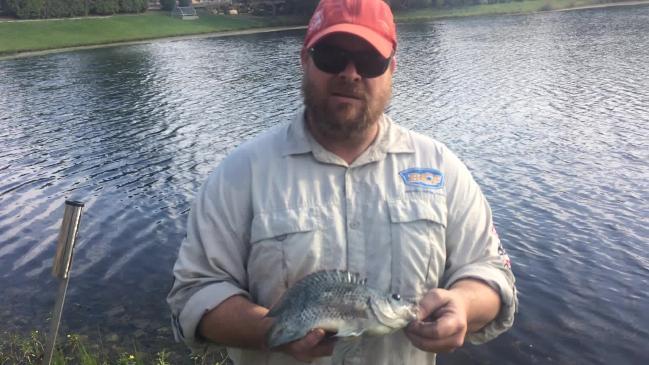
Beaches & Fishing
Don't miss out on the headlines from Beaches & Fishing. Followed categories will be added to My News.
A NOXIOUS fish dubbed “the cane toad of the sea” has taken over the Gold Coast catchment, biosecurity experts have revealed.
The explosion of the pest fish tilapia in local waterways could decimate prized recreational fishing species like perch and bass according to Biosecurity Queensland officer Dr Bonnie Holmes.
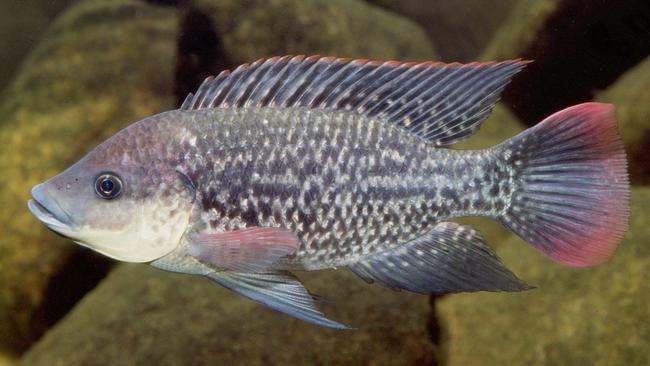
She said tilapia, native to Africa, South America, India and Sri Lanka and introduced to Australia in the 1970s, has now spread throughout the entire Coast catchment and a further 24 of 67 across the state.
The infestation is so bad some Gold Coast bass anglers are reporting they reel in 100 tilapia to each native fish in some areas.
The destructive fish, which grows to 35cm, has become so prolific the Bulletin witnessed seven-year-old Kayos Hapeta-Williams catch 46 tilapia in just two hours near Reedy Creek this week.
The fish spread so quickly because female tilapia can produce up to 1000 offspring each breeding season, altering the food web of river systems.
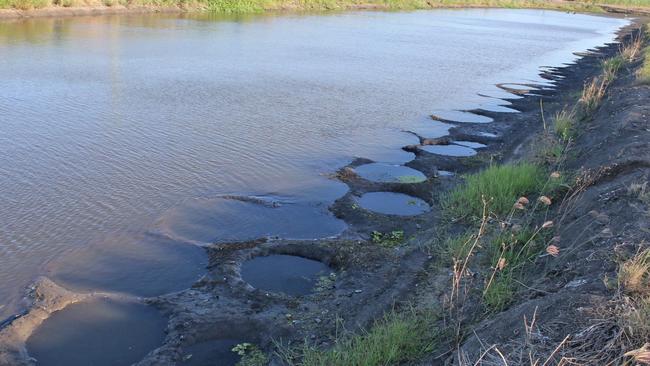
The hardy animal, which pockmarks lakes and waterways with “nests”, can also survive in salt or freshwater from 8C to 42C.
Tilapia are considered to be so invasive people can be fined of up $200,000 for possessing them, dead or alive.
To cull the fish more than 200 anglers, including Kayos and his dad William, will compete in a “Tilapia Busters” fishing contest to take as many tilapia as they can from South and West Lake in Robina this weekend.
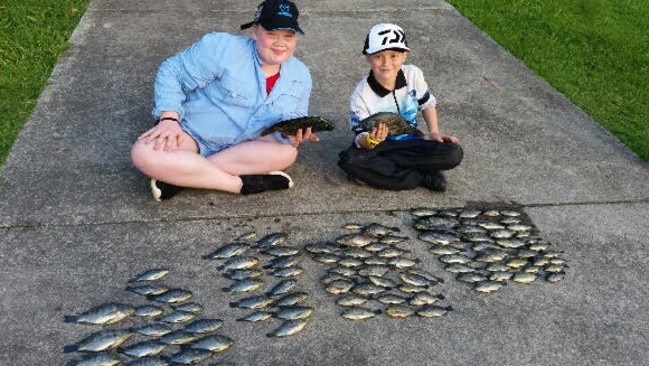
But Dr Holmes said their efforts could be in vain.
She said all authorities and the public can do is try and to contain the pest.
“There is currently no single, effective broadscale tilapia control method,” Dr Holmes said.
“New tilapia will soon move in to replace those removed.
“Fishing using legal recreational fishing methods is the only option available to the public.”
It is feared tilapia will also spread from Queensland waterways and into the Northern Territory this wet season threatening commercial barramundi operations.
Dr Holmes said the fish has also been found perilously close to Murray-Darling Basin catchments.
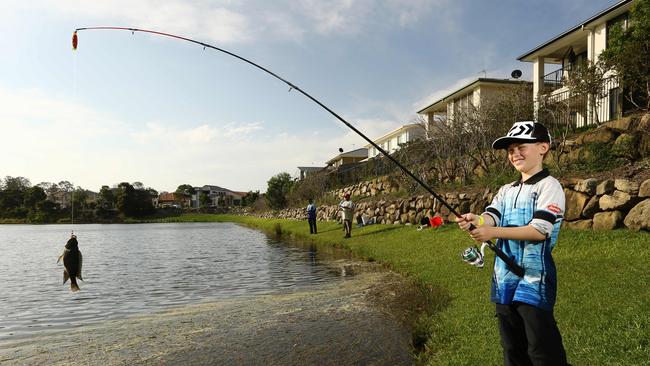
She said tilapia compete with a food chain shared by native species including perches, grunters and bass which can wipe out juvenile native fish.
“Indications from overseas are that the impact occurs at the juvenile level, affecting recruitment to the fishery,” Dr Bonney said.
“So for those native species with juveniles in estuaries and freshwater life cycles, there is a potential loss of whole industry.”
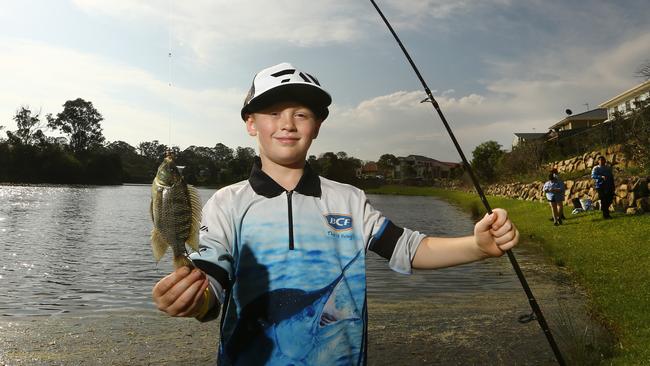
Associate Professor Mark Kennard, from Griffith University’s Australian Rivers Institute, said tilapia were simply too expensive to eradicate.
“It’s too difficult and too expensive to eradicate them because it’s almost impossible to remove the fish,” said Prof Kennard said.
“Prevention and control are the most effective management strategies.”
Gold Coast angler Mark Newton, 37, said fishermen were aware of the challenge posed by tilapia but would be competing in the weekend’s fishing competition to do his bit.
“Pest fishing is probably the fastest growing form of fishing in Queensland,” Mr Newton said.
